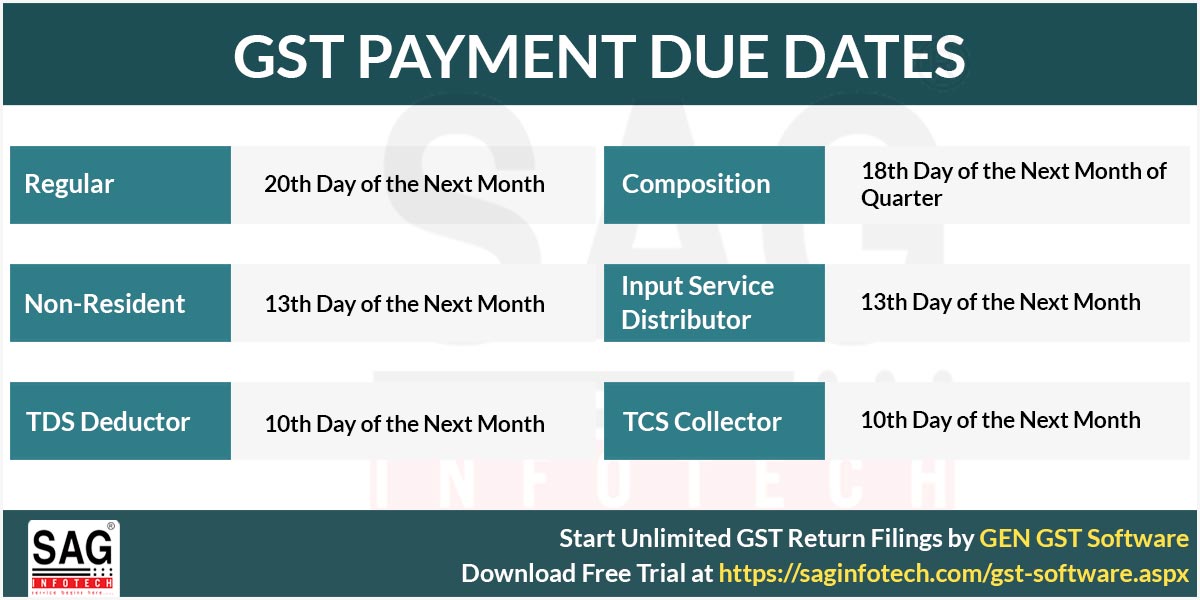The Gujarat Authority for Advance Rulings (GAAR) has stated that an employee who is leaving a company without completing their notice period will have to pay 18% Goods and Services Tax (GST) on the recovery of salary.

This decision comes into a case related to the Ahmedabad-based export company “Amneal Pharmaceuticals” which took an advance decision on the issue of getting out of his job without serving a notice period of three months. However, industry experts responded that it shows notice payment is not out of GST radar’, the payment of this tax will vary depending on the terms and interpretations of employment by the tax authorities.
MS Mani, Senior Director, Deloitte India said that “The transaction on which the Goods and Services Tax is applicable cannot be certified in GST law as there are too many transactions across the country. The GST law provides general directions or guidance”.
MS Mani further added that “Advance Ruling authorities interpret that law in a specific situation. In this case, they have interpreted it to say that since serving the notice period was a service, the notice pay of the employee should be attracting GST,”.
It should be noted that this was a ruling in a particular case and maybe it will not be the same for all incidents where a corporate employee misses serving the notice period. So, even if the GST is applicable, a decision will be made on the basis of the individual contracts and the conditions set by the individual companies. Nishant Tiwari, a Delhi-based HR consultant said that it is ideal to sit down and discuss all matters including GST between employees and employers.
Nishant Tiwari Further added that “If GST is applicable, then the employee must be informed in advance of the consequences of not serving the notice period. In the end, if the employer is bearing the 18 percent GST, it will be recovered from the employee,”. So, if the notice period payment is 3,00,000 then the 54,000 would be recovered from the employee when he/she skips the notice period. It is because “it amounts to a person promising ‘a service’ and not offering it”.
Therefore, employees should be doubly sure about the payment terms and should sign the offer letter only after careful verification. This will help avoid penalty payment due to GST 
Who will Liable to Pay for Food Provided in the Corporate Offices?
There is also a debate on whether GST will apply to corporate services such as canteen food, which are given to employees at a cost. MS Mani stated that in a previous decision It was held by Gujarat Authority for Advance Ruling (AAR) 









Good post and need regular basis this type of information